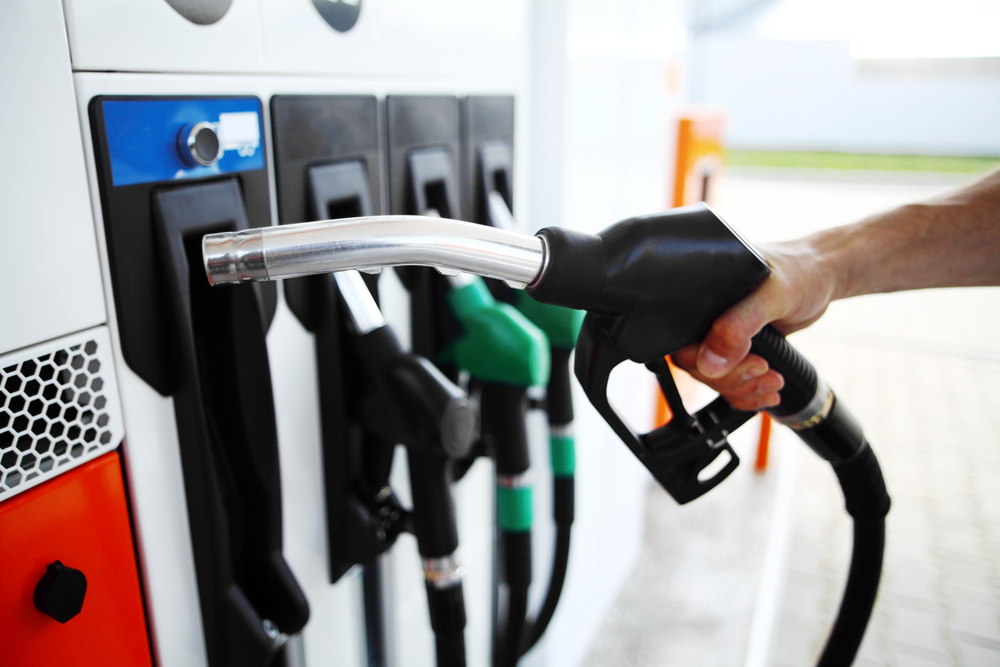Household Bills
Fuel bills jump; diesel prices hit 13-month high

The cost of fuel crept up in September as rising oil prices put upward pressure on the wholesale price of both unleaded petrol and diesel.
A litre of diesel jumped 0.42p to 113.34p at the end of last month, the highest price since August 2015, according to data from RAC Fuel Watch.
A litre of petrol cost rose by 0.48p to 112.07p, just short of the 2016 high price of 112.33p.
Supermarket prices rose faster than average prices, with unleaded up 1.1p and diesel up 0.71p.
The price rises mean it now costs £61.63 to fill up an average-sized 55-litre petrol family hatchback, just over £5 more per fill-up than at the start of the year.
To fill an equivalent diesel vehicle costs £62.34, around £4 more than it did in January.

Wellness and wellbeing holidays: Travel insurance is essential for your peace of mind
Out of the pandemic lockdowns, there’s a greater emphasis on wellbeing and wellness, with
Sponsored by Post Office
The price of a barrel of oil, the biggest variable affecting UK fuel prices, went up 8%, or $3.45, during September finishing the month at $48.35 a barrel – just short of the 2016 high price of $50.73 that occurred in early June.
RAC fuel spokesman Simon Williams said: “While there have been no shocks at the pumps lately, recent reports that OPEC – the organisation responsible for producing 40% of the world’s oil – has agreed there is to be a cut in oil production which is having the effect of nudging oil prices up closer to the $50 a barrel mark.
“A higher oil price, combined with a weakening pound, is forcing up wholesale fuel prices: the wholesale price of diesel is now nearly 9p higher than it was at the start of August, and petrol 7.4p higher. The effect of this to date has been gradually rising pump prices.
“While we don’t envisage an immediate hike in prices in October, a lot depends on how markets react to the recent news of the first production cut by OPEC nations since 2008, which marks a major move away from the organisation’s long-term over-supply strategy. The announcement has already caused oil prices to jump a little, but until more specific details are available it is difficult to predict what the longer term outlook on pump prices, and therefore impact on motorists, will be.”